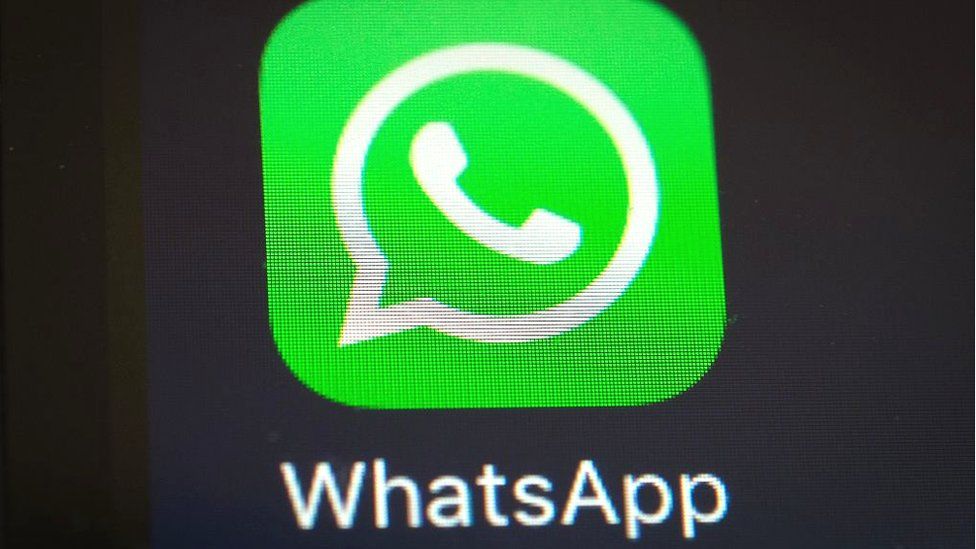WhatsApp To Leave India If It Is Coerced Into Breaking End-To-End Encryption Policy

WhatsApp To Leave India If It Is Coerced Into Breaking End-To-End Encryption Policy
Meta’s popular messaging platform WhatsApp has declared it will exit India if it is forced to release information about its users.
27 April 2024
By Khushi Maheshwari
According to the new Information Technology Rules 2021, platforms such as WhatsApp, Telegram and so on will have to decrypt messages for the government in order to ascertain originators of certain messages, especially those which carry communal sentiment.
Recently, WhatsApp and its parent firm Meta (formerly Facebook Inc.) were opposing the guidelines of the Information Technology Act passed in February 2021 during a Delhi High Court hearing. Pertinent concerns were voiced out by WhatsApp’s legal counsel, who said that if the firm was forced to undermine the encryption that secures user messages, it could think about pulling out of the Indian market. The core of the platform’s user trust and appeal is its dedication to user privacy, which is emphasised by its end-to-end encryption.
Tejas Karia, an attorney, argued on behalf of WhatsApp in front of a two-member bench that included Acting Chief Justice Manmohan along with Justice Manmeet Pritam Singh Arora. According to Karia, coercively getting WhatsApp to decrypt communications would drastically transform the privacy provisions offered by the platform, thereby having an impact on quite a colossal amount of messages and user privacy. He emphasised the practical and moral difficulties with this demand, pointing out that it would require keeping and maybe decrypting enormous amounts of private correspondence.
In addition to this, Karia highlighted how there are no such laws elsewhere in the world that require decryption of personal exchanges among users, not even in countries like Brazil which is popular for its strict internet-related policies. The court, however, took note of the enigma of striking a balance between privacy rights and certain policy requirements, stressing that privacy cannot be absolute and might need modifications.
As the discourse progressed, the Indian government’s attorney backed the regulations, emphasising their significance in circumstances where platforms could be used to disseminate offensive material, including during incidents of communal violence. The following hearing has been set for 14th August by the court.









